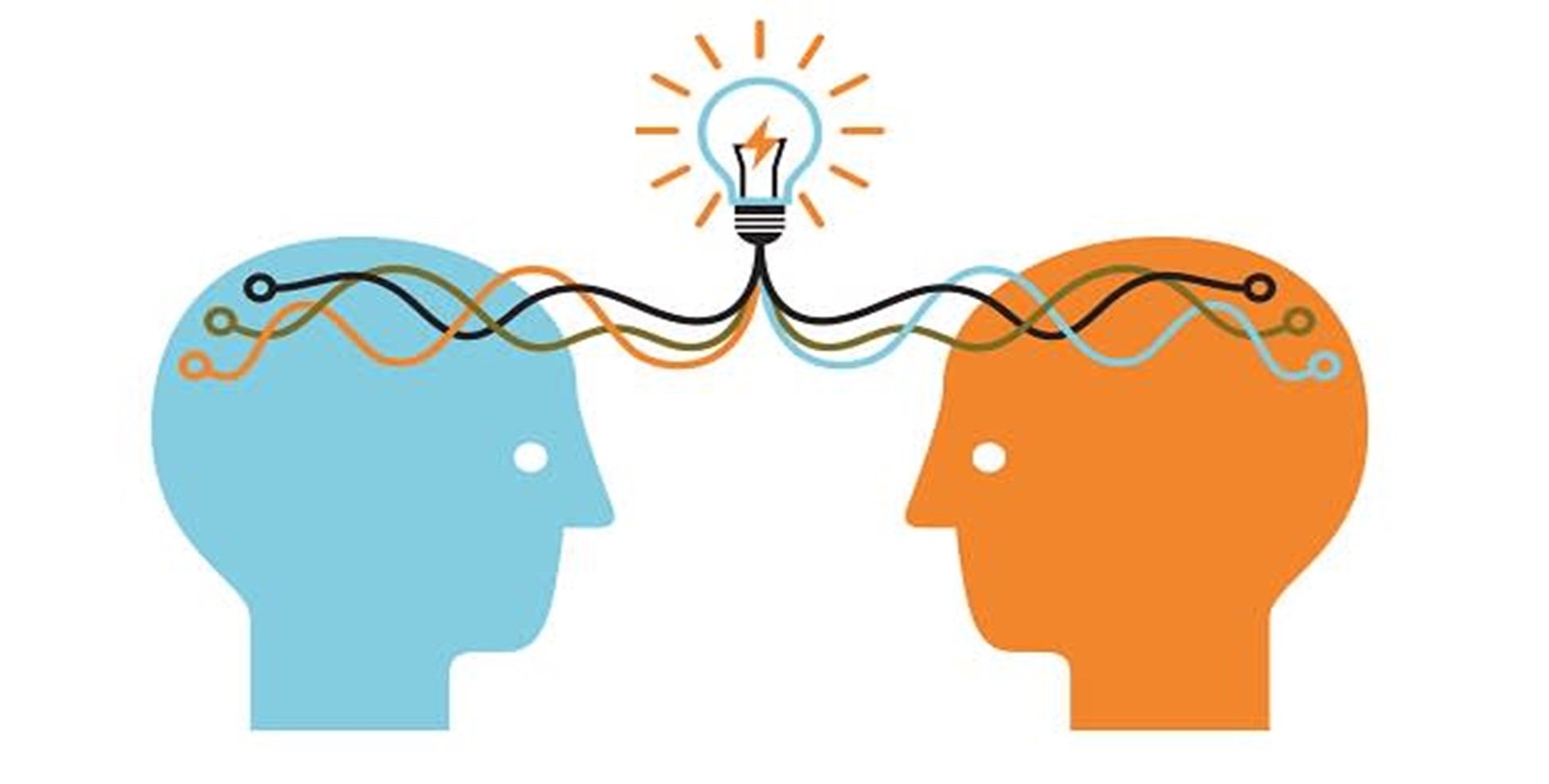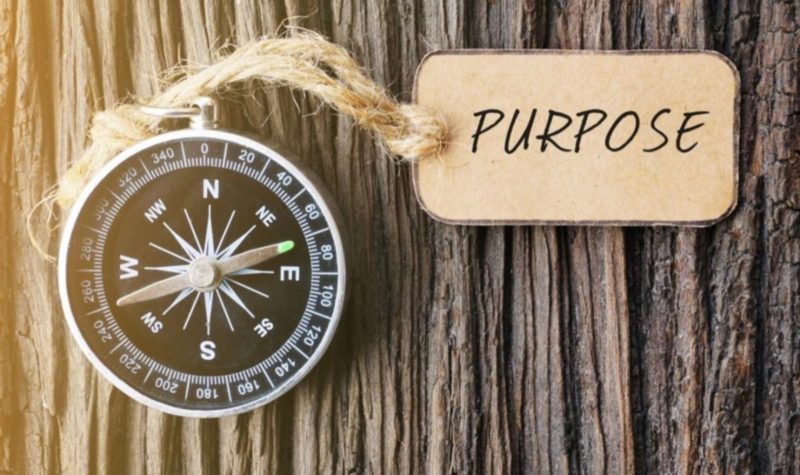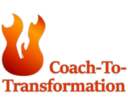

Coaches and Counsellors: An Unbeatable Team
- Apr 13th 2022
As a practicing counsellor in Singapore, I started my journey as a coach thinking it would be much like the work I already do on a daily basis – establishing a therapeutic rapport with clients, helping them navigate challenges and offering a safe place to talk, vent and cry if need be.
I was only partially correct.
While many of the skills required for coaching do overlap with counselling, I discovered that the fields are more complementary than similar. Two separate dimensions within the helping profession that can powerfully promote change when used in tandem.
Let’s start by looking at the differences between coaches and counsellors…
The overall framework of a coaching session is very different from what one would expect in a counselling office. Coaching has a discrete beginning, middle and end that often take place within a single session. A measurable goal is identified and the client is asked towards the end of the conversation if he or she feels like that objective has been met. A coach skilfully helps people uncover solutions that already exist within their psyche but lie just beyond their conscious grasp. Using the desired outcome as a yardstick, clients ideally leave a coaching session feeling like progress has been made and they are equipped with a plan to take immediate action.
Such tidy outcomes rarely occur in counselling. While clients often arrive thinking they need help with a single issue, it usually takes several sessions to delve into their personal history and formulate a diagnosis. Treatments like Cognitive Behavioural Therapy or Schema Therapy are employed to challenge and reframe dysfunctional thought patterns. Mastering these techniques usually involves practice, set-backs and more practice as clients learn how to regulate their emotions and practice self-compassion.
So, when does it make sense to combine coaching and counselling to take a layered, team approach to someone’s well-being? It depends on the issues at hand.
Coaching clients struggling with addiction, avoidance or a general mistrust of others for example, will have a harder time sticking to resolutions than those who do not have such issues consuming the majority of their emotional bandwidth. The support of a counsellor in these cases could provide therapies that help resolve the underlying issues and smooth the way for progress on coaching goals.
Likewise, counsellors need to have a roster of effective coaches on standby to help clients who are feeling better and ready to embark on the next phase of their journey. Folks who have worked hard to overcome depression, anxiety or other troubles often emerge energized and ready to retake control of their lives. They regularly ask their therapists to recommend coaches who can guide them on specific issues like a job change or a move abroad. It’s a wonderful feeling to place a counselling client you care about in the hands of a coach you know will serve them well.
Nuances abound when you are in the business of helping people. While coaches and counsellors use different approaches to help clients become the best possible version of themselves, the two professions – when used to buttress one another – make a fantastic team.
Name : Lisa Oake
Title Of the blog : Coaches and Counsellors: An Unbeatable Team
About the Author : Lisa is a practicing counsellor, media trainer and coach based in Singapore. She holds a Master of Counselling degree from Australia’s Monash University and has completed the Level 1 ICF Coach Certification Program with CTT.
Program Attended with CTT: The course I did with CTT was the first one for ICF associate coach preparation. Level one.
Reason for taking this program: . I took the program to deepen my skill set when working with executive clients.
What worked for you: What worked for me was the collaboration between my course mates during the program. We did practice coaching sessions together and prepared presentations as a team.









0